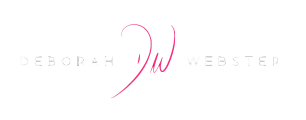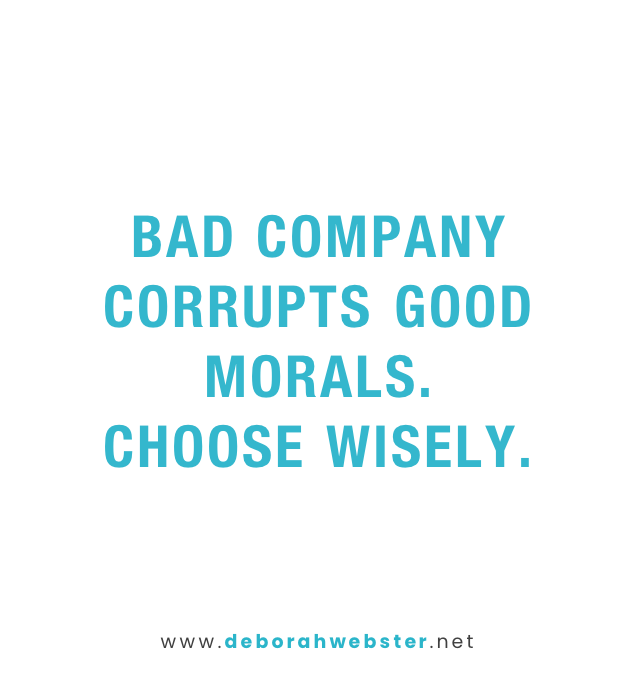3 SKILLS TO HACK THE HYPE IN TECH INVESTING Technology can help us tackle some meaningful problems. But it's the thinking and capabilities of the investors that will determine which will see the light of day. I have seen too many 'bad' projects get funded by...
THREE THINGS YOU CAN DO FOR BETTER DIVERSITY

THREE THINGS WE NEED TO DO FOR BETTER DIVERSITY
We do not need a bunch of men or women pontificating about diversity. We need action.
Tip 1
If you’re speaking at a conference, ensure at least 30% of your fellow speakers are women. But more than that, make sure everyone speaking is credible and brings something interesting to the table. i.e. no tokenism. That doesn’t mean they have to be the CEO of a company that everyone knows. A different way of looking at things is great. The world needs all the fresh perspectives it can get!
Tip 2
Stop being lazy!
Great women exist, but it might take some work to find them. This is further exacerbated by the ‘noise’ of others and wrong metrics. For instance, just because someone has lots of followers on social media does not mean they are subject matter experts. It just might be a reflection of their ability to create and promote content (both of which can be outsourced). This is eclipsing great people. Dig deeper, get curious and shine a light into hidden crevices.
Tip 3
Leaders vs People in Positions of Power
This is a game changer! The word ‘leader’ is banded around to cover some of the most irresponsible and short-sighted humans on this
planet. In organisations, the word ‘leader’ is sometimes attached to those who navigated the corporate matrix to rise to the top. These are not examples of leaders. They are examples of people in positions of power. We must distinguish between the two.
Real leaders are:
- Not necessarily the loudest in the room or the most gregarious
- Considered and considerate
- Reflective and think about the world around them beyond tomorrow
- Collaborative and work beyond silos
- Responsible with the discipline to think through potential consequences and seek better solutions
- Able to navigate complexity and uncertainty
- Human!
This needs to be our standard if we are to level the playing field for people from all cultures, genders, backgrounds and creeds.
N.B. There is a lot more complexity to this issue. If you’d like to know more, please send me a note, and I’d be happy to share insights, nuances and strategies.
3 SKILLS NEEDED TO HACK HYPE IN TECH INVESTING
COMPANY CULTURE STARTS WITH YOU
Ask a person the reason they love to travel, and often they say to experience different cultures. Human beings seem to be intrigued by the social norms and ways of living of their fellow man in different cities and villages around the world. Having the experience and...
WOMEN IN LEADERSHIP – A MIDDLE EASTERN PERSPECTIVE
There is a general look of surprise, even bewilderment when people hear I love working in the Middle East, for the simple reason that I’m a woman. I understand how there is a perception that women are not respected or highly regarded in the Middle East,...
Get in Touch
By pressing send, you agree to us getting in touch with you.
You can unsubscribe at any time. More about our Privacy Policy here.
ALL INFORMATION YOU SHARE IS CONFIDENTIAL.
















